
In the 50 years that Africa's top film festival has been running, women have always watched male directors walk off with the Golden Stallion of Yennenga award, named for a legendary warrior princess.
"There's discrimination in the cinema and in television, just like in other aspects of life," says Alimata Salemembere, a pioneer of TV broadcasting in Burkina Faso.
"There's no explanation, but there are people who take the liberty of discriminating against women just because they think their role is to stay at home."
Back in 1969, Salemembere headed the organising committee of the very first Fespaco -- the Pan-African Film and Television Festival of Ouagadougou -- which takes place every two years in the Burkina capital.
This year, 20 films are in the running for the so-called "African Oscar" -- with the festival also showcasing documentaries, TV series, cartoons, short films and film-school projects.
Four of the full-length films have been directed by women, whose low profile in the African movie business has stirred debate in the Burkinabe capital.
'Where are the women?'
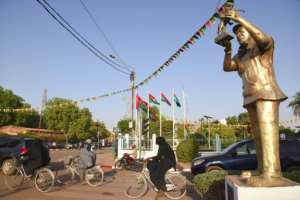 The late Senegalese director Sembene Ousmane is one of the filmmakers celebrated in bronze on a Ouagadougou street. By ISSOUF SANOGO (AFP)
The late Senegalese director Sembene Ousmane is one of the filmmakers celebrated in bronze on a Ouagadougou street. By ISSOUF SANOGO (AFP) "Where are the women?" asked South African actress Xolile Tshabalala who stars in "Miraculous Weapons" made by Cameroonian director Jean-Pierre Bekolo.
"This is my first Fespaco," she said at a midweek forum on gender issues.
"When I arrived in Ouagadougou, I strolled around town and I saw the avenue where they've put up statues to the Fespaco laureates -- nothing but men!" she said.
"Can it be that in 50 years, there hasn't been a single woman capable of telling a great story to win the Fespaco?"
One of those in the running for this year's prize is 43-year-old Burkinabe director Apolline Traore, whose film "Desrances", which premiered at the festival on Tuesday, focuses on the courage and wisdom of women in the face of men's folly.
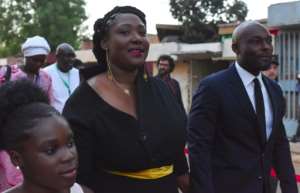 Of the 20 full-length films showing at the festival, just four have been directed by women, one of which was made by Burkina Faso's Apolline Traore. By ISSOUF SANOGO (AFP)
Of the 20 full-length films showing at the festival, just four have been directed by women, one of which was made by Burkina Faso's Apolline Traore. By ISSOUF SANOGO (AFP) "Of course there's a problem. There's no equality for the craft of a woman director, not just in Africa, but in the world," she said.
"Being a movie director is a technical task, one for working outdoors, a tough job," she said.
"People still don't have enough faith in our ability to pursue this career."
'Impose my choices'
Fellow Burkinabe filmmaker and actor Isaka Sawadogo acknowledged the problems facing women in cinema, relating it to the question of traditional roles and education.
"It's long and hard to make a film. To commit to this profession, you have to be a locomotive, to know how to impose your will," he said.
"Traditional education doesn't predispose women to this kind of role, but rather to be a housewife and to bring up the children. For that reason there aren't many women interested in this job."
The same was true of the technical side of film-making. "Africa lacks the structures needed to train people," he said.
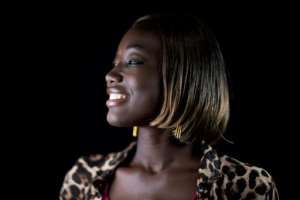 Burkinabe actress and model Mouniratou Gouem faced pressure from her strictly Muslim family who didn't approve of her career choices. By MARCO LONGARI (AFP)
Burkinabe actress and model Mouniratou Gouem faced pressure from her strictly Muslim family who didn't approve of her career choices. By MARCO LONGARI (AFP) For Mouniratou Gouem, a 22-year-old actress and model with a part in a Burkinabe TV series, the main battle she had to overcome was with her family -- and stemmed from her religion.
"I come from a very orthodox Muslim family. It is frowned upon to be a model or an actress, because you wear fashionable clothes instead of being covered from head to toe," she says.
"My grandmother associated these roles with sexual depravity."
For her, freedom came with getting a job.
"I was able to make my own choices by earning a living, by becoming independent. A boy would not have faced these difficulties," she said.
Touched by #MeToo scandal
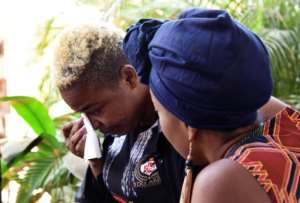 Actress Azata Soro from Burkina Faso is comforted by France's Nadege Beausson Diagne after denouncing sexual harassment in Africa's film industry. By ISSOUF SANOGO (AFP)
Actress Azata Soro from Burkina Faso is comforted by France's Nadege Beausson Diagne after denouncing sexual harassment in Africa's film industry. By ISSOUF SANOGO (AFP) The 2019 Fespaco was not without allegations of sexual abuse levelled against African filmmakers by actresses encouraged by the #MeToo movement.
"It's time to speak out," said French actress Nadege Beausson-Diagne, who told AFP that she was setting up the movement called " #Memepaspeur ("Not even scared") to help women speak out in Africa.
Violence "is everywhere -- against actresses but also directors, scriptwriters and technicians, who live with harassment, sexual aggression and rape," she said.
For all their struggles, however, the people who spoke with AFP in Ouagadougou agreed that across Africa, the situation was changing.
"Education and training are important, they make it possible to progress towards parity, more and more," said Salemembere.
"Little by little, the world will see that we are just as capable as men," said Apolline Traore, but she warned the Fespaco to make awards on merit, not to redress gender discrimination.
"The Stallion must be given to a film because it deserves it, not just because it was directed by a woman."
Read Full Story
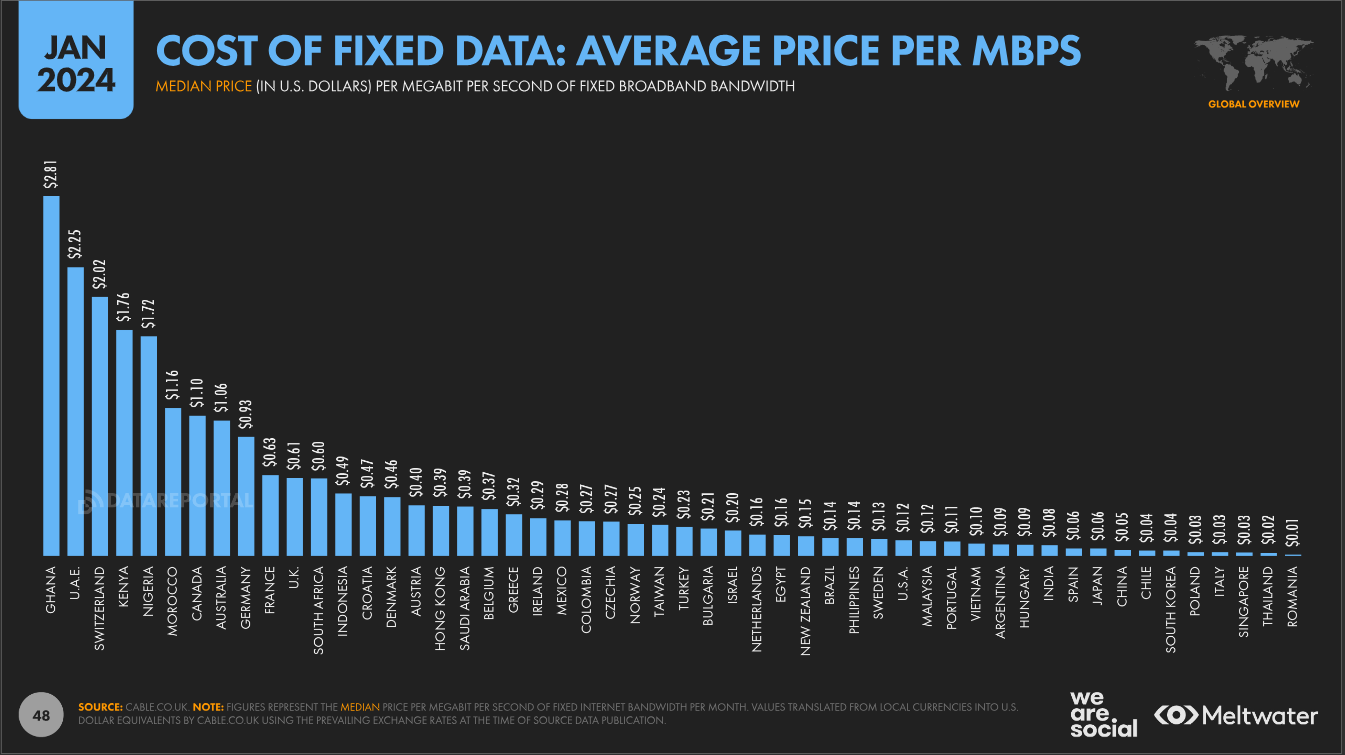
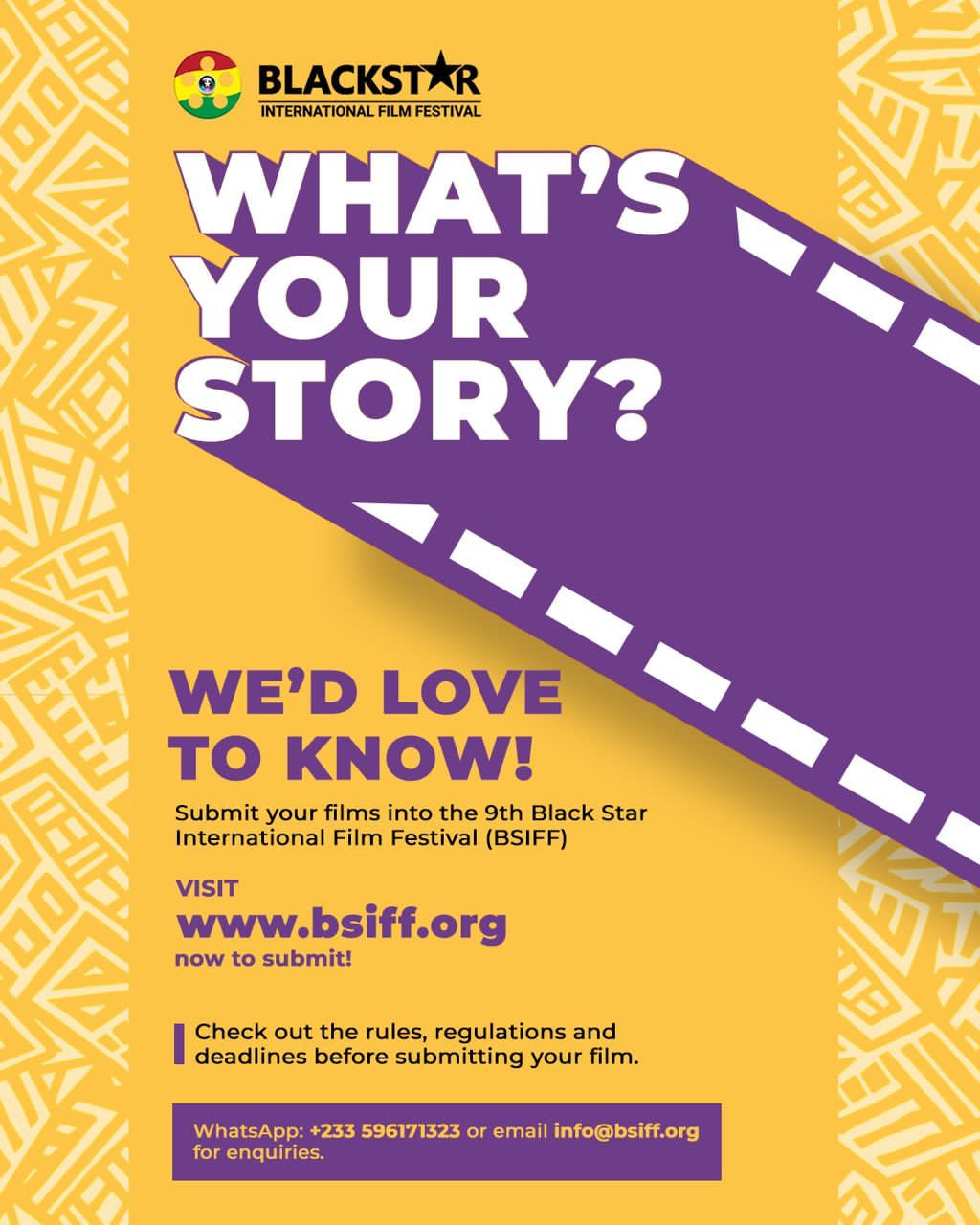

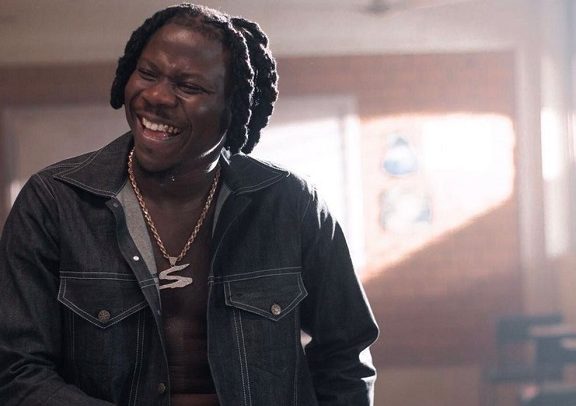














Facebook
Twitter
Pinterest
Instagram
Google+
YouTube
LinkedIn
RSS